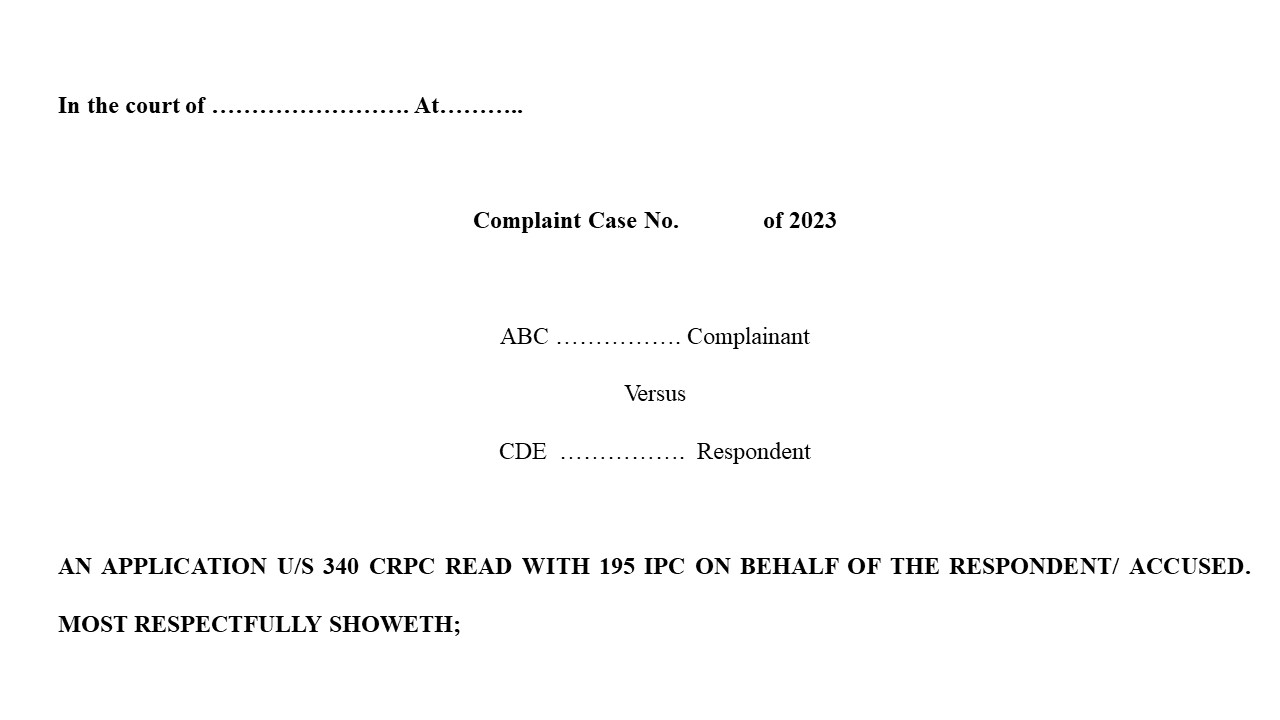Reviews
M.R.P. : ₹ 127.44
(Inclusive of all taxes)
Details
- Section 340 of the Code of Criminal Procedure (CrPC) deals with complaints of offenses committed during legal proceedings, and it is read with Section 195 of the Indian Penal Code (IPC). These sections are applicable when someone wants to file a petition related to offenses that have occurred during legal proceedings. Here's a brief overview: 1. Section 340 CrPC: This section empowers the court to take action against a person who, in the opinion of the court, has committed offenses such as giving false evidence, fabricating false documents, or committing other offenses during legal proceedings. 2. Section 195 IPC: This section deals with offenses related to giving false evidence or fabricating false documents in proceedings before a court. When to file a petition under Section 340 CrPC r/w 195 IPC: You can file a petition under Section 340 CrPC r/w 195 IPC when you believe that false evidence has been given or fabricated documents have been used during a legal proceeding. This could be in a civil or criminal case, and it's typically done when you want the court to take action against the person responsible for such offenses. To file such a petition, you generally need to follow these steps: 1. Consult with a legal expert or lawyer: Seek advice from a legal professional who can help you understand the specific requirements and procedures for filing such a petition. They will guide you on the appropriate course of action. 2. Prepare the petition: Draft a formal petition that outlines the details of the case, including the specific instances of false evidence or fabricated documents, and any relevant evidence or witnesses. 3. File the petition: File the petition before the court that conducted the legal proceedings where the alleged offenses occurred. The court will then examine the petition. 4. Court's action: The court will examine the petition and may initiate proceedings against the person responsible for the offenses if it deems fit. The court may also order an investigation into the matter. It's essential to note that the procedure may vary depending on the specific case and local legal practices. Therefore, it is strongly advisable to consult with a legal expert or lawyer who can provide you with guidance tailored to your specific circumstances.
